
New Technique Discovered For Easy Autism Detection in Kids
A new study has discovered a new technique that ensures autism spectrum disorder in kids is accurately and quickly detected by doctors. Previously discovered

Researcher Taher Saif leads a study to determine how effective homemade masks are in preventing virus spread. Saif is a mechanical science and engineering professor at the University of Illinois.
For this experiment, the researcher examined 11 common household fabrics. Furthermore, these fabrics were set against the medical mask that is widely used as a preventive measure during the COVID-19 pandemic.
Saif considers the size of air droplets and the speed at which they move before experimenting. Not only that, but he also uses an adapted inhaler and water to recreate sneezing and the dispersion of air droplets. Lastly, the experiment took into account the fabric density and potential breathing difficulties when worn. The last factor is important because it influences how many people will use the mask.
Before the experiment, there were indications that many people refuse certain masks. The reason this is so is that they can be uncomfortable to wear and it is hard to breathe in them. Therefore, finding materials that satisfy all the criteria is an important factor for public health safety.
The study shows that most household fabrics are equally effective, among themselves, in preventing the spread of respiratory droplets. Furthermore, if the mask has two or three layers it is similarly effective to a medical mask. The effectiveness was clear even on less dense materials like T-shirt fabric.
Saif’s researcher indicates that homemade masks are a viable tool for preventing the spread of the COVID-19 pandemic. Furthermore, when they are used with frequent hand washing and social distancing measures, they have the most effect.
Experts from John Hopkins Recommend Convalescent Sera for Containing COVID-19
Treatment of IBD Patients in Milan, Italy During the COVID-19 Outbreak
Researchers Report on Antibody Discovery that may Block the SARS-Cov-2
Considerations for Wearing Masks
Most homemade masks are doing a great job, even when we sneeze, study finds

A new study has discovered a new technique that ensures autism spectrum disorder in kids is accurately and quickly detected by doctors. Previously discovered

New Study shows that different coloration of primates doesn’t indicate fertile phases, but individual characteristics and reproductive status. Previous studies of ornamentation in female primates

Today astronomers from the Event Horizon Telescope Project (EHTP) unveiled the first-ever picture of a black hole and I’m sure most of you will have
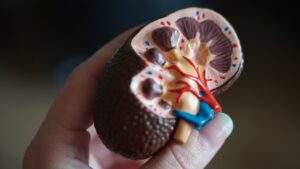
A new study reveals that acute kidney failure can be detected earlier than the previous and currently used methods in patients. Drug-induced acute kidney
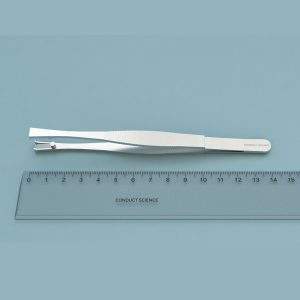

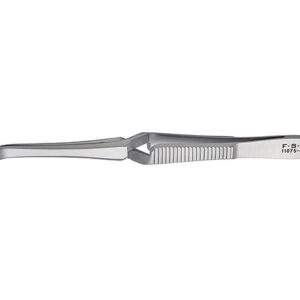
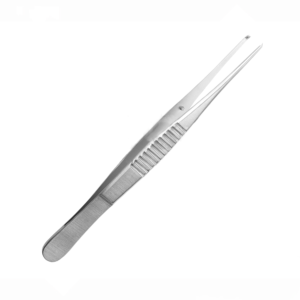
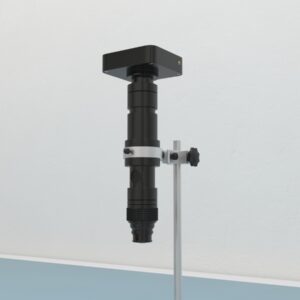
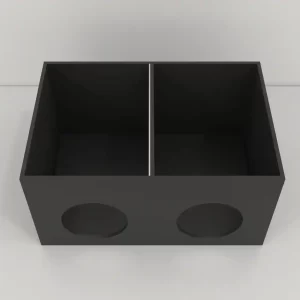
DISCLAIMER: ConductScience and affiliate products are NOT designed for human consumption, testing, or clinical utilization. They are designed for pre-clinical utilization only. Customers purchasing apparatus for the purposes of scientific research or veterinary care affirm adherence to applicable regulatory bodies for the country in which their research or care is conducted.